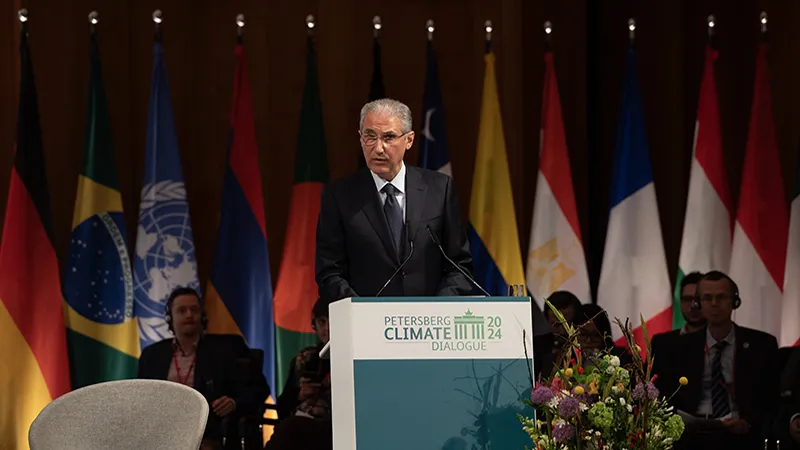Indonesia is to receive $10bn to support the implementation of a phasing down of fossil fuels and ramping up of renewable energy, it was announced at the Indonesian Presidency’s G20 Leaders’ Summit.
As part of the Just Energy Transition Partnership (JETP), the International Partners Group (IPG), co-led by the US and Japan, with support from Canada, Denmark, the European Union, France, Germany, Italy, Norway and the UK, has committed the sum over a three-to-five-year period in recognition of the scale of investment needed to accelerate Indonesia’s energy transition.
Furthermore, the Glasgow Financial Alliance for Net Zero (GFANZ) has also pledged its support and established a working group of net-zero-committed financial institutions to mobilise private capital for the cause.
“Indonesia has enormous potential to build out clean energy and set an example for other countries working to grow their economies and cut their emissions at the same time. Turning that promise into reality – and speeding up the global transition to clean energy – requires public-private partnerships,” said Michael Bloomberg, co-chair of GFANZ and UN Special Envoy on Climate Ambition and Solutions.
“By bringing financial firms to the table, we can multiply the impact of government commitments and attract more private investment to Indonesia.”
Initial working group members – Bank of America, Citi, Deutsche Bank, HSBC, Macquarie, MUFG, and Standard Chartered – have already been identifying barriers to sourcing the necessary private investment, and calling for reforms to address those barriers, while identifying ways to attract private finance at scale.
They will continue to work closely with the Indonesian government on local and international policy, as well as ensure a robust pipeline of projects that are consistent with the JETP’s transition pathway.
Mary Schapiro, vice-chair at GFANZ, commented: “GFANZ is focused on mobilising private capital to finance the energy transitions of emerging markets and developing economies. I hope this announcement and subsequent implementation of the Indonesian JETP serves as a blueprint for how private finance can work hand-in-hand with governments, public finance, and others, to implement ambitious climate objectives.”





